Advertisement
It’s nutritious, offers fiber, antioxidants and protein, and is good for food sensitivities
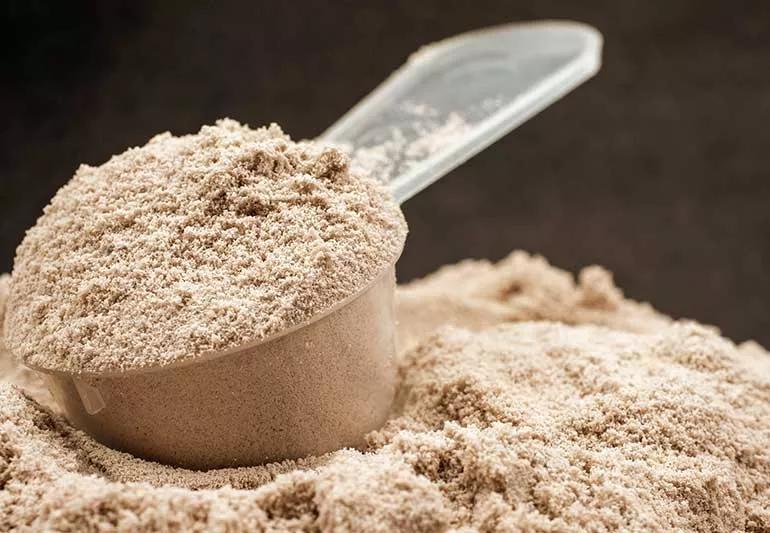
“Protein” probably isn’t the first thing that comes to mind when you think of brown rice. Most people think of brown rice as a carb (although a healthy one). But you might be surprised to learn that brown rice is more than just a whole grain. It also has a significant amount of protein.
Advertisement
Cleveland Clinic is a non-profit academic medical center. Advertising on our site helps support our mission. We do not endorse non-Cleveland Clinic products or services. Policy
Brown rice protein powder isn’t as well-known as whey, soy, casein or even pea protein powder, but it offers some notable benefits. “And it’s a good option if you have food allergies or can’t tolerate other types of protein powder,” says registered dietitian Kayla Kopp, RD, LD.
One cup of cooked brown rice has about 5.5 grams of protein. That’s about 10% of the protein a healthy adult weighing about 140 pounds should eat daily, according to the U.S. Department of Agriculture (USDA).
A complete protein supplies all nine essential amino acids, the building blocks of proteins. Your body can’t make these amino acids. They’re called “essential” because you must get them from food.
The protein in brown rice isn’t a complete protein because it doesn’t provide all the essential amino acids. But Kopp says that as long as you eat a variety of healthy foods, you should get enough of the nine essential amino acids.
So, is brown rice protein powder as good as alternatives when it comes to amino acid content? Yes, according to a study comparing brown rice, soy and whey proteins. The researchers analyzed the amino acids each protein provided. They found that brown rice protein is an acceptable substitute for soy or whey protein.
So, what does brown rice protein have to offer? Here are some of its benefits:
Advertisement
There aren’t any known harmful side effects of brown rice protein. “However, a diet with too much protein can be harmful in some cases,” notes Kopp.
This is because eating too much protein over the long term can actually damage your kidneys. The recommended daily protein intake is 0.8 to 1 gram of protein per 1 kilogram (about 2.2 pounds) of body weight. If you weigh 165 pounds (75 kilos), that’s about 60 to 75 grams of protein. If you’re active or trying to build muscle, you may want to eat a bit more than this. You can work with a registered dietitian to determine your specific protein needs.
Trying to decide between brown rice protein and pea protein? Here are some things you may want to consider:
Other protein powder options include:
Protein powders provide a quick, convenient way to get a nutrition boost, says Kopp. There are endless ways to customize them in tasty smoothies. Just blend the powder of your choice with a combination of fruits, veggies, yogurt, nuts, seeds or spices.
Advertisement
Learn more about our editorial process.
Advertisement

The general rule is 0.8 to 1 gram of protein per kilogram of body weight — but that may not be right for you, and it’s important to determine what’s right for you
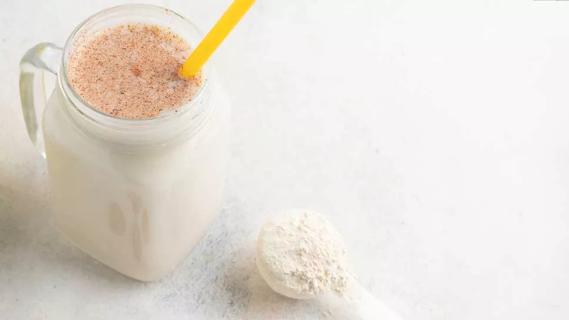
This edible insect powder can be a good source of protein, fiber and other nutrients
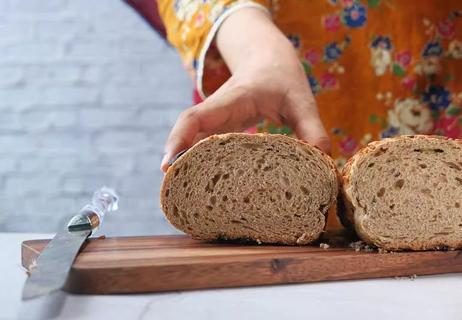
Made from sprouted whole grains and legumes, it’s low calorie and full of fiber and protein
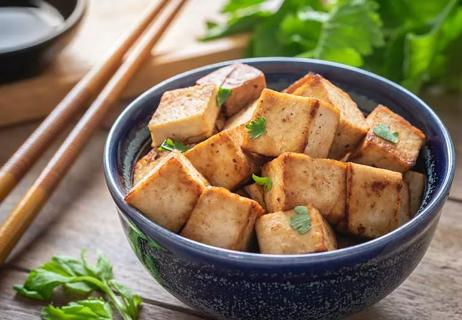
A protein powerhouse, tofu builds muscle, protects your heart and lowers cancer risk
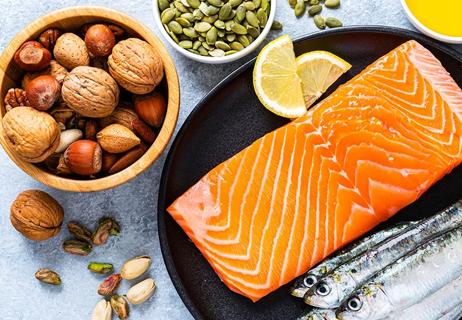
Some options like chicken breast and beans are better for you than processed meats or dairy
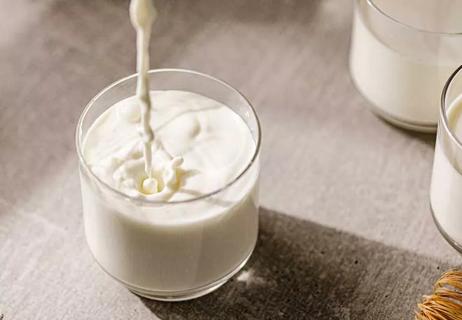
Protect and build muscle while getting essential amino acids and calcium with this protein
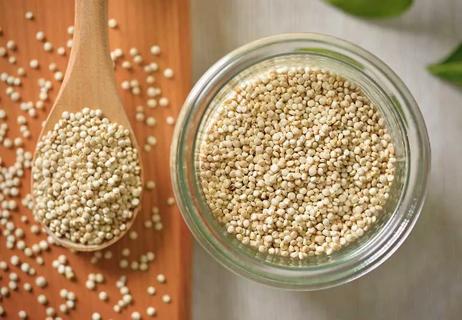
This versatile seed is packed with protein and fiber to ward off hunger
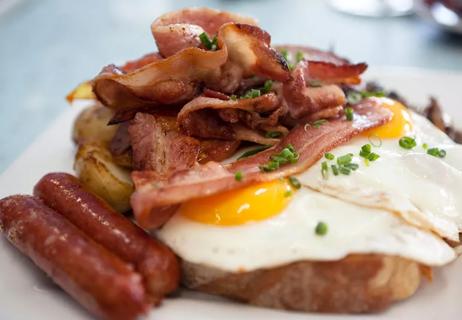
Going overboard on protein can lead to weight gain and kidney damage, among other issues

Focus on your body’s metabolic set point by eating healthy foods, making exercise a part of your routine and reducing stress

PFAS chemicals may make life easier — but they aren’t always so easy on the human body

While there’s little risk in trying this hair care treatment, there isn’t much science to back up the claims